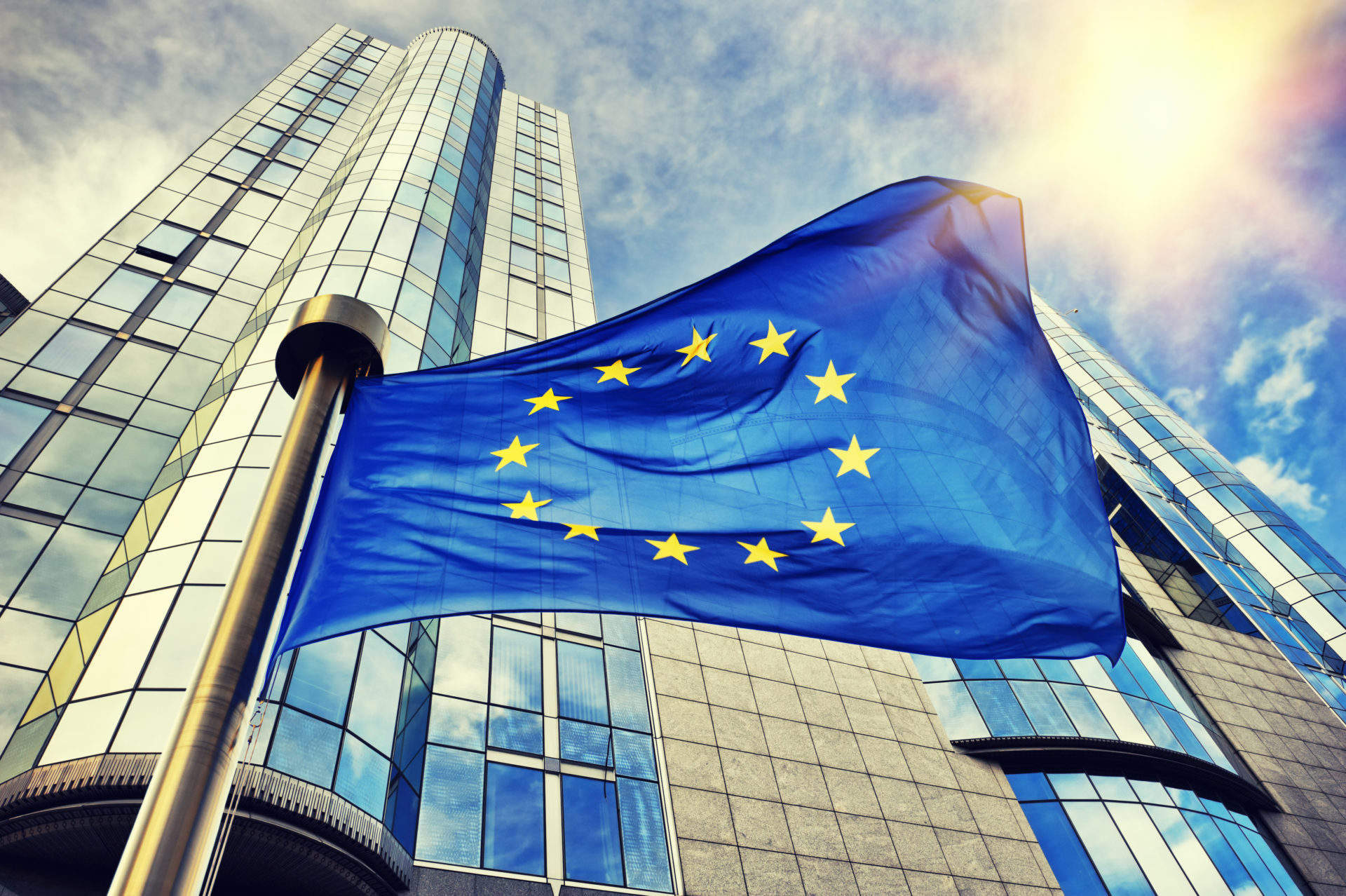
The European Union (EU) is looking to build on its already strong track record on science and technology as it enters the post-Brexit era with a €120bn EU innovation plan.
Horizon Europe, the EU innovation project that is set to take over in 2021 from Horizon 2020, will – if approved – see dramatic investment in research and innovation designed to make the bloc a world leader in the space. The €120bn is significatly more than was previously plabbed.
The project, which has been developed by EPP Group MEP Christian Ehler, passed its initial hurdle this week with its approval by the European Parliament’s Industry, Research and Energy Committee.
Now it needs to be approved by EU Parliament and the governments of European member states.
“If we are innovative, if we are leading, we can reassure our European system, we can hold up our social system we can hold up our social system in Europe,” said Ehler of the project.
“If we don’t, if we’re falling back, the economic consequences will be a disaster.”
How well do you really know your competitors?
Access the most comprehensive Company Profiles on the market, powered by GlobalData. Save hours of research. Gain competitive edge.

Thank you!
Your download email will arrive shortly
Not ready to buy yet? Download a free sample
We are confident about the unique quality of our Company Profiles. However, we want you to make the most beneficial decision for your business, so we offer a free sample that you can download by submitting the below form
By GlobalDataThe EU innovation plans
The Horizon Europe project is designed to maintain the EU’s position as a world leader by prioritising emerging technologies and research.
“If we want to succeed in global competition we have to live up to our political but also to our scientific and research goals,” said Ehler.
Work on this so far has included dramatically shortening the time it takes for projects to receive funding through a fast track scheme.
“ We are living in fast times, in very innovative times, we have a startup community, each year we have practically a revolution, a disruptive engineering revolution, so it shouldn’t take a year or two to decide on a battery project for electricity or something like that,” he said.
“It should be that participants can decide that they want to collaborate, go to the commission and in a given framework they get an answer where they get funded.”
However, the long-term goals include support for both high-concept technologies and emerging global challenges.
“We are looking for missions, for example, on quantum computing. That would be a revolution changing the digital age,” he said.
“We are looking for issues like clean oceans, which are I think at the core issue of humanity.”
Closing the European innovation gap
One of the biggest challenges for the EU, however, is the divide in the level of innovation coming from different member states, and this is something that Ehler argues is a significant priority.
“One of the most important issues it to close the innovation gap in Europe. It can’t be that we have a Europe of two speeds in terms of innovation, so we have to care about that,” he said.
A challenge for post-Brexit Britain
As Britain is leaving the EU it is unlikely to either vote on or receive funding from the Horizon Europe project. However, as the nation is also targeting innovation as a key source of its economic growth, this EU innovation fund could pose a challenge for the UK.
There are already concerns in the tech industry that a loss of EU talent will be damning for UK-led innovation.
Similarly, there are fears that London could see its position as the data capital of Europe lost to other cities in the EU following Brexit.
If the EU has a strong commitment to research and innovation, this increases the risk of such occurrences, undermining the UK’s innovation focus.
It is hoped the Horizon Europe Project will receive complete approval before the European Parliament elections in 2019.







